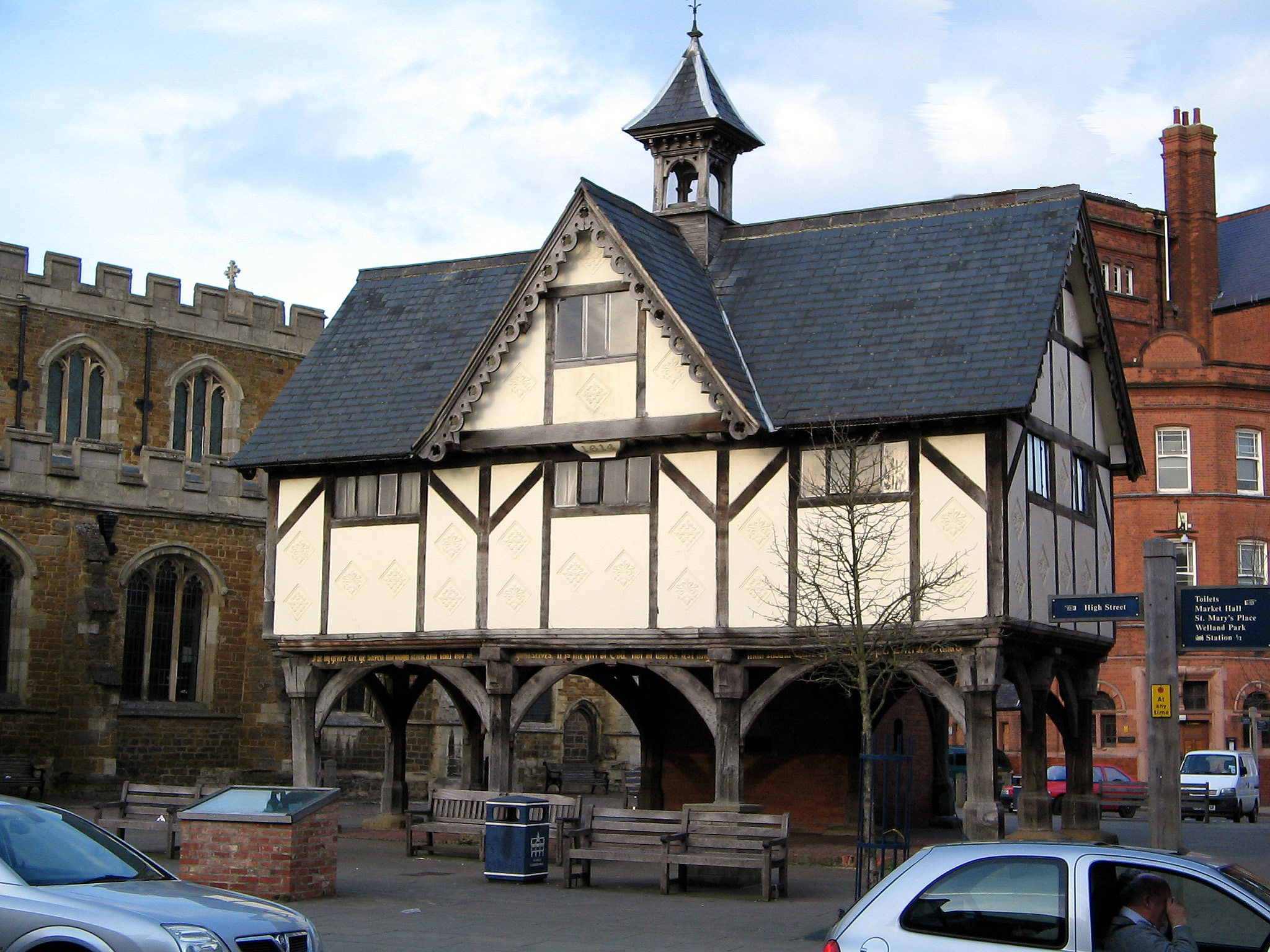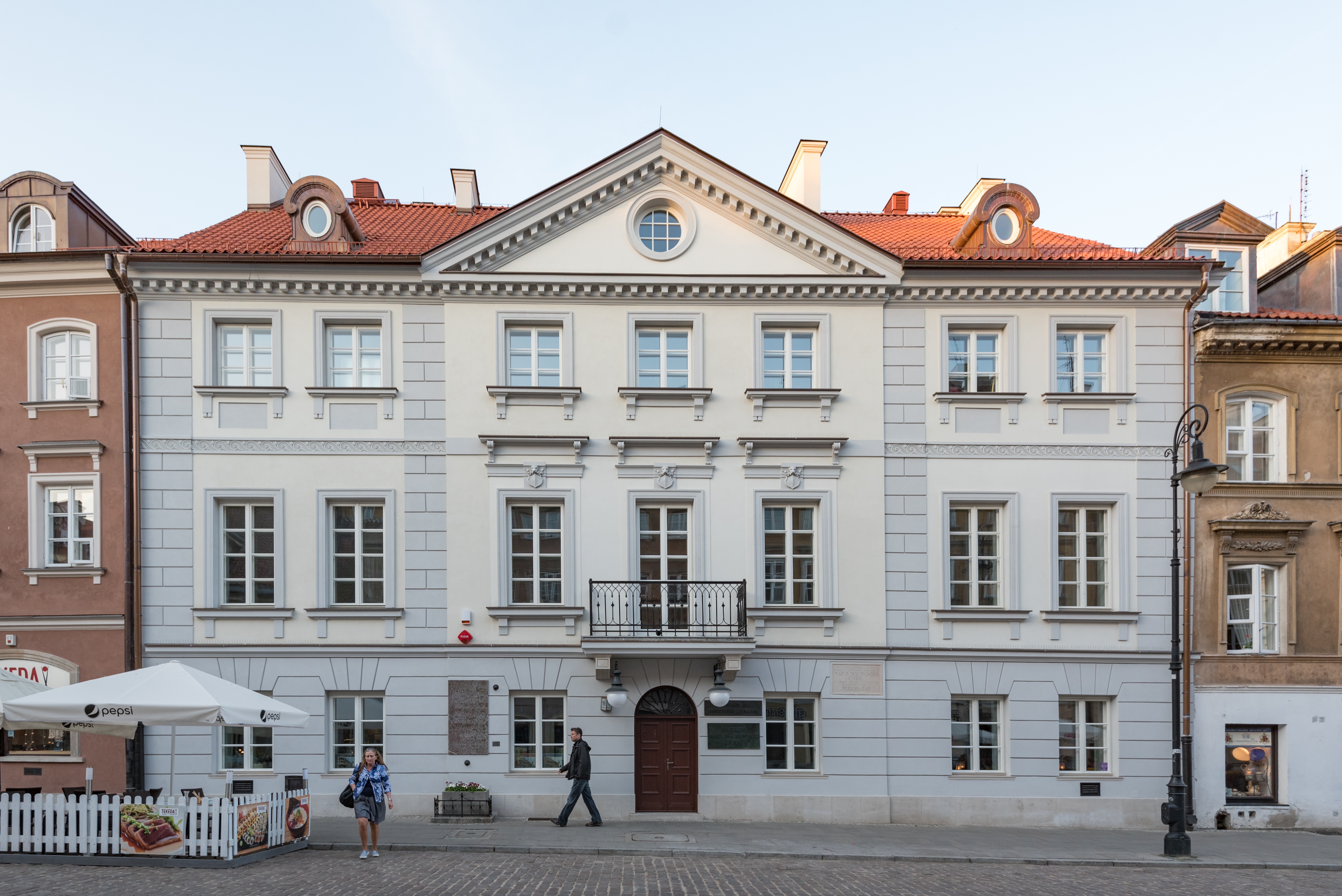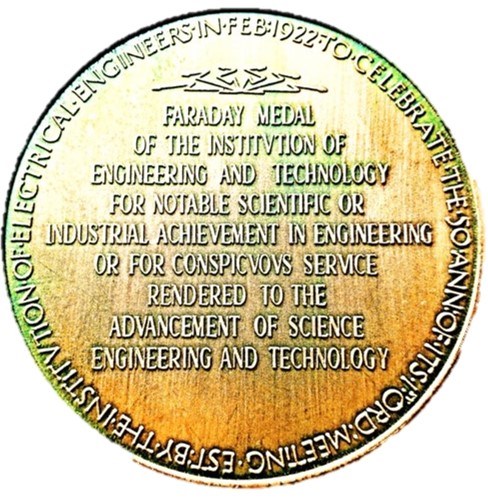|
Sir William Bragg
Sir William Henry Bragg (2 July 1862 – 12 March 1942) was an English physicist, chemist, mathematician, and active sportsman who uniquelyThis is still a unique accomplishment, because no other parent-child combination has yet shared a Nobel Prize (in any field). In several cases, a parent has won a Nobel Prize, and then years later, the child has won the Nobel Prize for separate research. An example of this is with Marie Curie and her daughter Irène Joliot-Curie, who are the only mother-daughter pair. Several father-son pairs have won two separate Nobel Prizes. shared a Nobel Prize with his son Lawrence Bragg – the 1915 Nobel Prize in Physics: ''"for their services in the analysis of crystal structure by means of X-rays"''. The mineral Braggite is named after him and his son. He was knighted in 1920. Biography Early years Bragg was born at Westward, near Wigton, Cumberland, England, the son of Robert John Bragg, a merchant marine officer and farmer, and his wife Mary ... [...More Info...] [...Related Items...] OR: [Wikipedia] [Google] [Baidu] |
William Lawrence Bragg
Sir William Lawrence Bragg, (31 March 1890 – 1 July 1971) was an Australian-born British physicist and X-ray crystallographer, discoverer (1912) of Bragg's law of X-ray diffraction, which is basic for the determination of crystal structure. He was joint recipient (with his father, William Henry Bragg) of the Nobel Prize in Physics in 1915, "For their services in the analysis of crystal structure by means of X-rays"; an important step in the development of X-ray crystallography. Bragg was knighted in 1941. As of 2021, he is the youngest ever Nobel laureate in physics, having received the award at the age of 25 years. Bragg was the director of the Cavendish Laboratory, Cambridge, when the discovery of the structure of DNA was reported by James D. Watson and Francis Crick in February 1953. Biography Early years Bragg was born in Adelaide, South Australia to Sir William Henry Bragg (1862–1942), Elder Professor of Mathematics and Physics at the University of Adelaide, and ... [...More Info...] [...Related Items...] OR: [Wikipedia] [Google] [Baidu] |
Bragg Peak
The Bragg peak is a pronounced peak on the Bragg curve which plots the energy loss of ionizing radiation during its travel through matter. For protons, α-rays, and other ion rays, the peak occurs immediately before the particles come to rest. It is named after William Henry Bragg, who discovered it in 1903. When a fast charged particle moves through matter, it ionizes atoms of the material and deposits a dose along its path. A peak occurs because the interaction cross section increases as the charged particle's energy decreases. Energy lost by charged particles is inversely proportional to the square of their velocity, which explains the peak occurring just before the particle comes to a complete stop. In the upper figure, it is the peak for alpha particles of 5.49 MeV moving through air. In the lower figure, it is the narrow peak of the "native" proton beam curve which is produced by a particle accelerator of 250 MeV. The figure also shows the absorption of a beam of energ ... [...More Info...] [...Related Items...] OR: [Wikipedia] [Google] [Baidu] |
Marie Curie
Marie Salomea Skłodowska–Curie ( , , ; born Maria Salomea Skłodowska, ; 7 November 1867 – 4 July 1934) was a Polish and naturalized-French physicist and chemist who conducted pioneering research on radioactivity. She was the first woman to win a Nobel Prize, the first person and the only woman to win a Nobel Prize twice, and the only person to win a Nobel Prize in two scientific fields. Her husband, Pierre Curie, was a co-winner of her first Nobel Prize, making them the first-ever married couple to win the Nobel Prize and launching the Curie family legacy of five Nobel Prizes. She was, in 1906, the first woman to become a professor at the University of Paris. She was born in Warsaw, in what was then the Kingdom of Poland, part of the Russian Empire. She studied at Warsaw's clandestine Flying University and began her practical scientific training in Warsaw. In 1891, aged 24, she followed her elder sister Bronisława to study in Paris, where she earned her highe ... [...More Info...] [...Related Items...] OR: [Wikipedia] [Google] [Baidu] |
Mathematician
A mathematician is someone who uses an extensive knowledge of mathematics in their work, typically to solve mathematical problems. Mathematicians are concerned with numbers, data, quantity, structure, space, models, and change. History One of the earliest known mathematicians were Thales of Miletus (c. 624–c.546 BC); he has been hailed as the first true mathematician and the first known individual to whom a mathematical discovery has been attributed. He is credited with the first use of deductive reasoning applied to geometry, by deriving four corollaries to Thales' Theorem. The number of known mathematicians grew when Pythagoras of Samos (c. 582–c. 507 BC) established the Pythagorean School, whose doctrine it was that mathematics ruled the universe and whose motto was "All is number". It was the Pythagoreans who coined the term "mathematics", and with whom the study of mathematics for its own sake begins. The first woman mathematician recorded by history was Hypati ... [...More Info...] [...Related Items...] OR: [Wikipedia] [Google] [Baidu] |
Chemist
A chemist (from Greek ''chēm(ía)'' alchemy; replacing ''chymist'' from Medieval Latin ''alchemist'') is a scientist trained in the study of chemistry. Chemists study the composition of matter and its properties. Chemists carefully describe the properties they study in terms of quantities, with detail on the level of molecules and their component atoms. Chemists carefully measure substance proportions, chemical reaction rates, and other chemical properties. In Commonwealth English, pharmacists are often called chemists. Chemists use their knowledge to learn the composition and properties of unfamiliar substances, as well as to reproduce and synthesize large quantities of useful naturally occurring substances and create new artificial substances and useful processes. Chemists may specialize in any number of subdisciplines of chemistry. Materials scientists and metallurgists share much of the same education and skills with chemists. The work of chemists is often related to the ... [...More Info...] [...Related Items...] OR: [Wikipedia] [Google] [Baidu] |
Physicist
A physicist is a scientist who specializes in the field of physics, which encompasses the interactions of matter and energy at all length and time scales in the physical universe. Physicists generally are interested in the root or ultimate causes of phenomena, and usually frame their understanding in mathematical terms. Physicists work across a wide range of research fields, spanning all length scales: from sub-atomic and particle physics, through biological physics, to cosmological length scales encompassing the universe as a whole. The field generally includes two types of physicists: experimental physicists who specialize in the observation of natural phenomena and the development and analysis of experiments, and theoretical physicists who specialize in mathematical modeling of physical systems to rationalize, explain and predict natural phenomena. Physicists can apply their knowledge towards solving practical problems or to developing new technologies (also known as applie ... [...More Info...] [...Related Items...] OR: [Wikipedia] [Google] [Baidu] |
John J
John is a common English name and surname: * John (given name) * John (surname) John may also refer to: New Testament Works * Gospel of John, a title often shortened to John * First Epistle of John, often shortened to 1 John * Second Epistle of John, often shortened to 2 John * Third Epistle of John, often shortened to 3 John People * John the Baptist (died c. AD 30), regarded as a prophet and the forerunner of Jesus Christ * John the Apostle (lived c. AD 30), one of the twelve apostles of Jesus * John the Evangelist, assigned author of the Fourth Gospel, once identified with the Apostle * John of Patmos, also known as John the Divine or John the Revelator, the author of the Book of Revelation, once identified with the Apostle * John the Presbyter, a figure either identified with or distinguished from the Apostle, the Evangelist and John of Patmos Other people with the given name Religious figures * John, father of Andrew the Apostle and Saint Peter * Pope Joh ... [...More Info...] [...Related Items...] OR: [Wikipedia] [Google] [Baidu] |
Faraday Medal
The Faraday Medal is a top international medal awarded by the UK Institution of Engineering and Technology (IET) (previously called the Institution of Electrical Engineers (IEE)). It is part of the IET Achievement Medals collection of awards. The medal is named after the famous Michael Faraday FRS, the father of electromagnetism. Faraday is widely recognized as a top scientist, engineer, chemist, and inventor. His electromagnetic induction principles have been widely used in electric motors and generators today. Background The Faraday medal is the IET's highest honour and one of the world's most prestigious awards for engineers and scientists. Winners include ground-breaking pioneers and inventors. First awarded in 1922, it is one of the oldest medals still being awarded today. The top medal is awarded annually to distinguished individuals who either for notable scientific or industrial achievement in engineering or for conspicuous service rendered to the advancement of science, ... [...More Info...] [...Related Items...] OR: [Wikipedia] [Google] [Baidu] |
Copley Medal
The Copley Medal is an award given by the Royal Society, for "outstanding achievements in research in any branch of science". It alternates between the physical sciences or mathematics and the biological sciences. Given every year, the medal is the oldest Royal Society medal awarded and the oldest surviving scientific award in the world, having first been given in 1731 to Stephen Gray (scientist), Stephen Gray, for "his new Electrical Experiments: – as an encouragement to him for the readiness he has always shown in obliging the Society with his discoveries and improvements in this part of Natural Knowledge". __TOC__ History The medal was created following a donation of Pound sterling, £100 to be used for carrying out experiments by Sir Godfrey Copley, 2nd Baronet, Sir Godfrey Copley, for which the interest on the amount was used for several years. The conditions for the medal have been changed several times; in 1736, it was suggested that "a medal or other honorary prize s ... [...More Info...] [...Related Items...] OR: [Wikipedia] [Google] [Baidu] |
Rumford Medal
The Rumford Medal is an award bestowed by Britain's Royal Society every alternating year for "an outstandingly important recent discovery in the field of thermal or optical properties of matter made by a scientist working in Europe". First awarded during 1800, it was created after a 1796 donation of $5000 by the scientist Benjamin Thompson, known as Count Rumford, and is accompanied by a gift of £1000. Since its inception, the award has been granted to 104 scientists, including Rumford himself during 1800. It has been awarded to citizens of the United Kingdom sixty-one times, France fourteen times, Germany eight times, the Netherlands seven times, Sweden four times, the United States three times, Italy twice and once each to citizens of Australia, Hungary, Belgium, Luxembourg and New Zealand. List of recipients See also * List of physics awards This list of physics awards is an index to articles about notable awards for physics. The list includes lists of awards by t ... [...More Info...] [...Related Items...] OR: [Wikipedia] [Google] [Baidu] |
Matteucci Medal
The Matteucci Medal is an Italian award for physicists, named after Carlo Matteucci from Forlì. It was established to award physicists for their fundamental contributions. Under an Italian Royal Decree dated July 10, 1870, the Italian Society of Sciences was authorized to receive a donation from Carlo Matteucci for the establishment of the Prize. ;Matteucci Medalists * 1868 Hermann Helmholtz * 1875 Henri Victor Regnault * 1876 William Thomson, 1st Baron Kelvin * 1877 Gustav Kirchhoff * 1878 Gustav Wiedemann * 1879 Wilhelm Eduard Weber * 1880 Antonio Pacinotti * 1881 Emilio Villari * 1882 Augusto Righi * 1887 Thomas Edison * 1888 Heinrich Rudolph Hertz * 1894 John Strutt, 3rd Baron Rayleigh * 1895 Henry Augustus Rowland * 1896 Wilhelm Conrad Röntgen and Philipp Lenard * 1901 Guglielmo Marconi * 1903 Albert Abraham Michelson * 1904 Marie Curie and Pierre Curie * 1905 Henri Poincaré * 1906 James Dewar * 1907 William Ramsay * 1908 Antonio Garbasso ... [...More Info...] [...Related Items...] OR: [Wikipedia] [Google] [Baidu] |
Barnard Medal For Meritorious Service To Science
The Barnard Medal for Meritorious Service to Science was established in 1889 by the will of Columbia University president Frederick A. P. Barnard, and has been awarded by Columbia University, based on recommendations by the National Academy of Sciences, every 5 years since 1895. It is not to be confused with the Barnard Medal of Distinction. Winners * 1895 - John William Strutt, Lord Rayleigh, William Ramsay * 1900 - Wilhelm Röntgen * 1905 - Henri Becquerel * 1910 - Ernest Rutherford * 1915 - William Henry Bragg, William Lawrence Bragg * 1920 - Albert Einstein * 1925 - Niels Bohr * 1930 - Werner Heisenberg * 1935 - Edwin Hubble * 1940 - Frédéric Joliot-Curie, Irène Joliot-Curie * 1945 - No award * 1950 - Enrico Fermi * 1955 - Merle Tuve * 1960 - I. I. Rabi * 1965 - William Alfred Fowler * 1970 - No award * 1975 - Louis Plack Hammett * 1980 - André Weil * 1985 - Benoit Mandelbrot * 1990 - No award * 1995 - No award * 2000 - No award * 2005 - No award * 2010 - No award Es ... [...More Info...] [...Related Items...] OR: [Wikipedia] [Google] [Baidu] |






